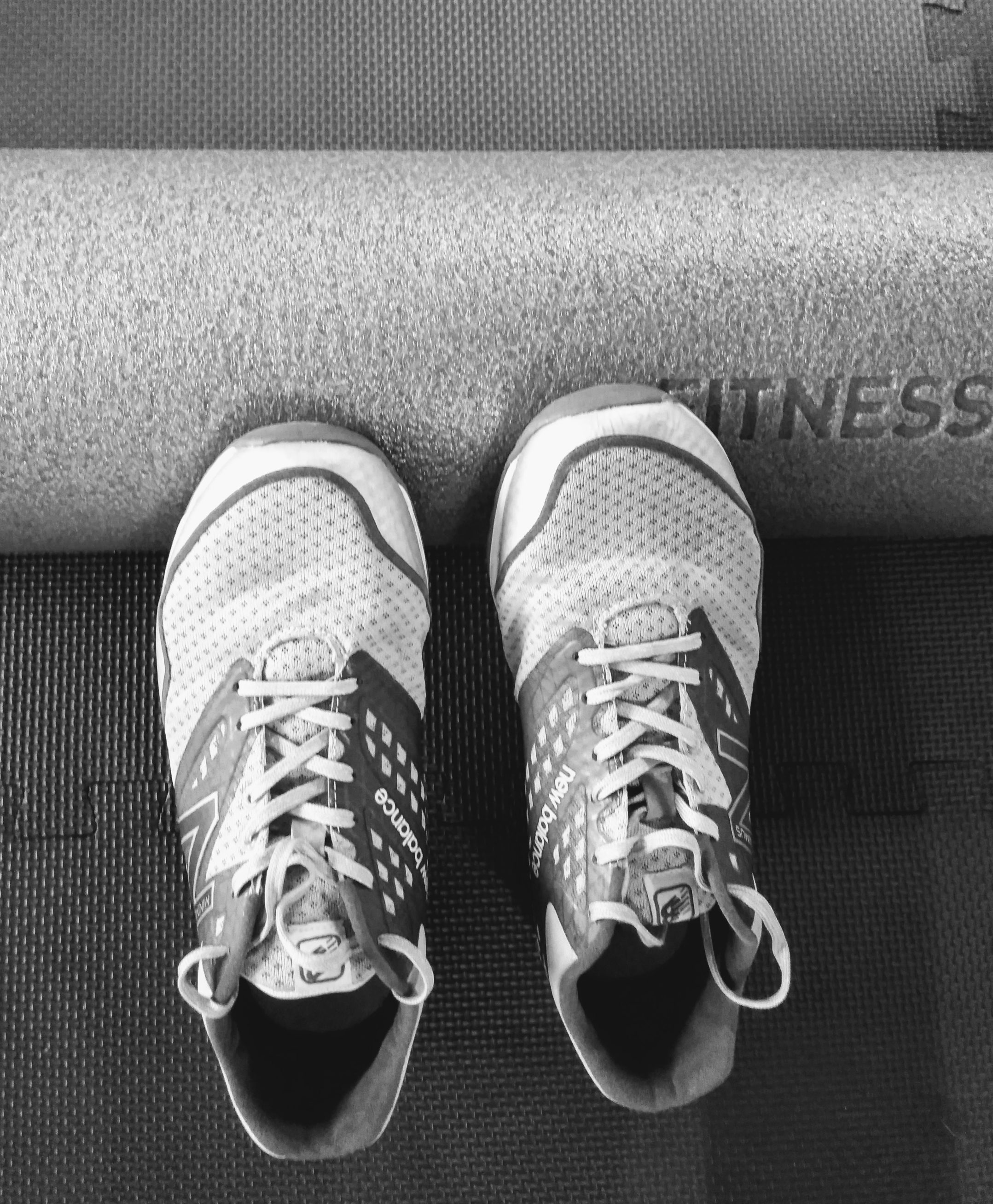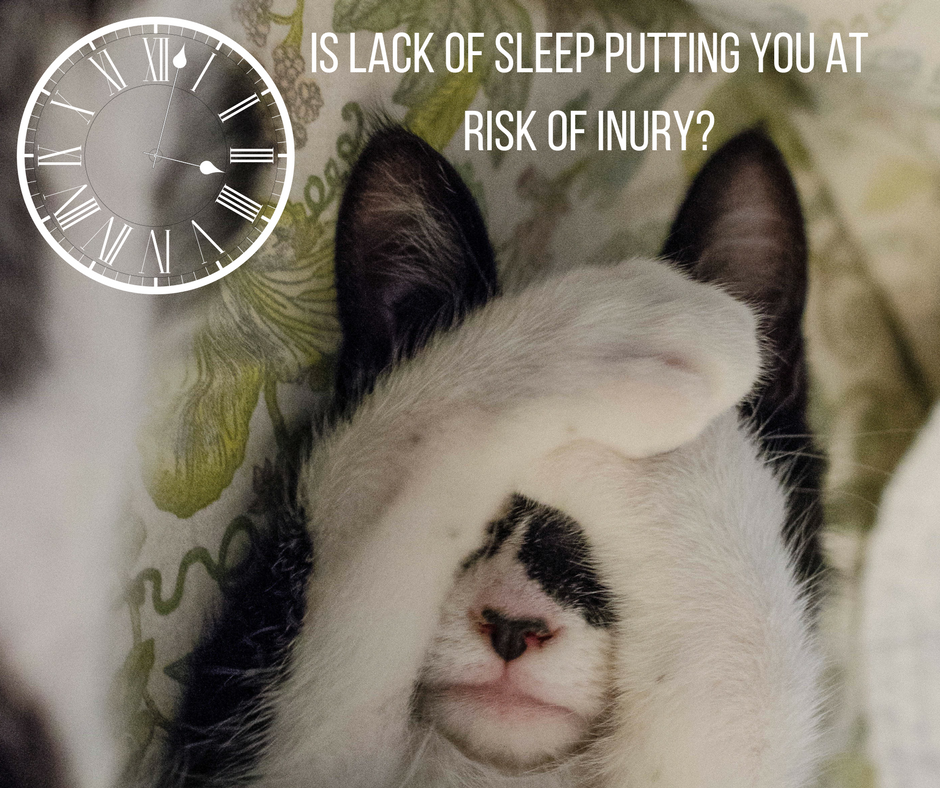
If you’re just setting out on a new training goal it’s an exciting time, I’ve got some tips and training aids to help you on your journey and reduce the risk of injury.
- Training load– pick a training plan, there are plenty available online and it saves the guess work. Aim to not increase your training load by more than 10% each week. The key for new runner is to listen to your body- if you need a rest take it and alter your schedule to suit you. We all lead busy lives don’t be disheartened if you miss a training day, just make up for it.
- Recovery – Just as important as the run itself allow your body adequate time to recover. Running places loads of upto 2.5 times your bodyweight through your body- it’s a brilliant exercise to loads the muscles and keep healthy and strong, but we need to make sure we can adapt and recover from the training sessions. Take time to foam roll after your run, include stretching and mobility work, the following day go for a short walk or swim, your body will thank you for it.
- Nutrition – also a part of recovery what you eat and when will influence how you feel during and after your run. Ensure your meeting your daily requirements for all nutrients. Don’t obsess over carb loading initially, if you’re meeting your daily needs you should be fine.
- Sleep – aim for 7-9 hours of good quality sleep each night, especially after a training day. During the sleep cycle the body resets, adapts and processes muscle memory- it’s a key part of training.
- Water – if you’re feeling thirsty it tends to mean you normally haven’t taken enough water on board throughout the day. We’re composed mostly of water so it’s an element we need to fuel our cells. During the day ensure you’re drinking water- leave a water bottle on your desk or set a reminder on your phone- it’s easy to remember if you have to.
- Strength and conditioning- one way to reduce the risk of injury is to implement strength and conditioning alongside your run schedule- this can be once or twice per week and will benefit your overall health and running ability. Next week I’ll post an easy strength and conditioning circuit that can be done at home.

